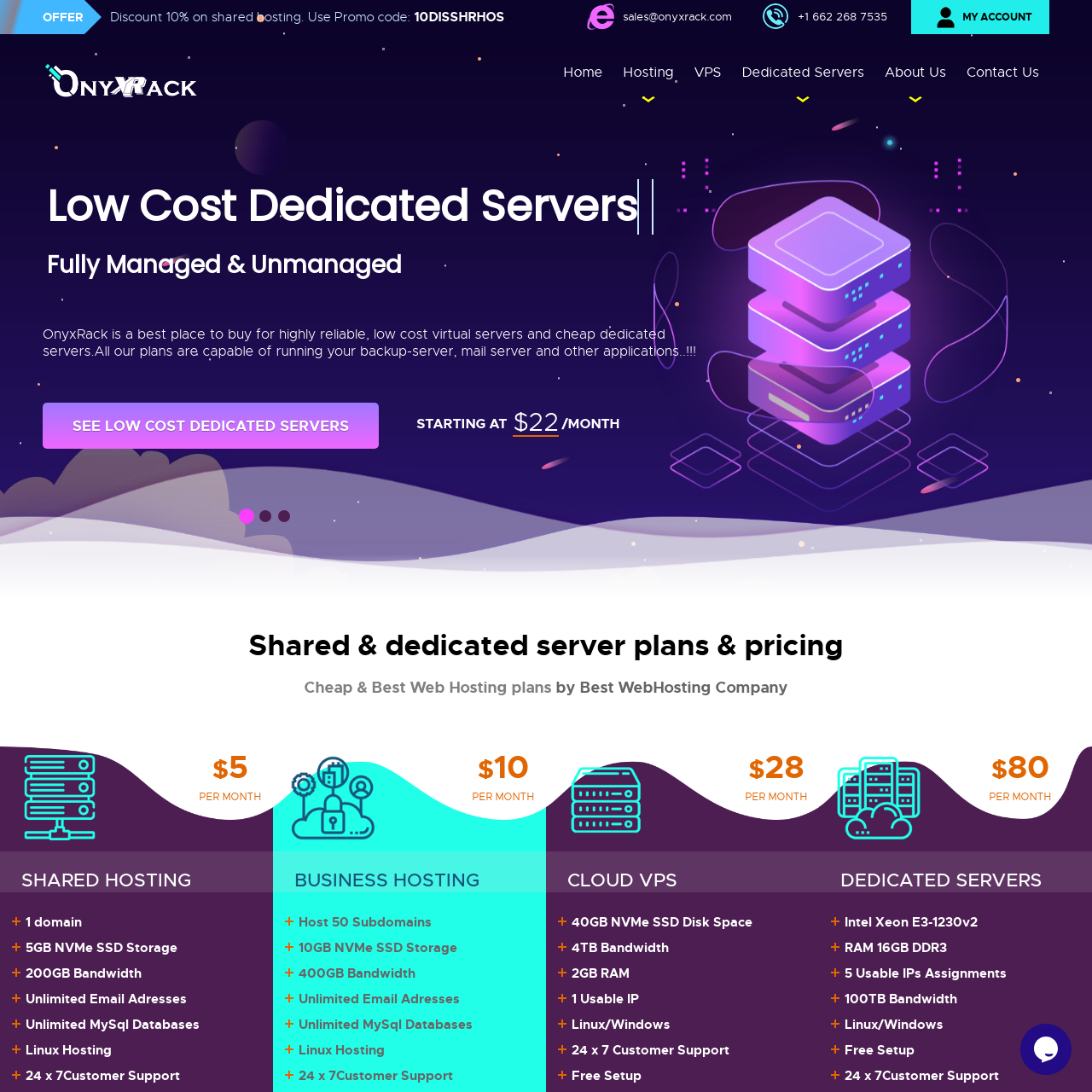| b2iiimh902's Forum Info |
| Joined: |
01-24-2024 |
| Last Visit: |
(Hidden) |
| Total Posts: |
0 (0 posts per day | 0 percent of total posts) |
| Total Threads: |
0 (0 threads per day | 0 percent of total threads) |
| Time Spent Online: |
(Hidden) |
| Members Referred: |
0 |
|
|
| Additional Info About b2iiimh902 |
| Bio: |
Continuing the journey of AI's impact on task management and automation, another essential element is the role of predictive analytics. AI systems, equipped with advanced analytics abilities, can anticipate future trends and results based on historical data. This is especially important in task management as it enables organizations to anticipate potential challenges, resource needs, and project bottlenecks.
Predictive analytics in task management includes making use of machine learning algorithms to analyze data patterns and make predictions about future occasions. For instance, in supply chain management, AI can analyze previous data on order processing times, provider performance, and market conditions to forecast future need and optimize stock levels. This foresight makes it possible for organizations to keep optimal stock levels, minimizing the likelihood of stockouts or excess stock.
Moreover, AI-driven predictive analytics contributes to more precise financial preparation. By examining historical financial data and market trends, AI systems can supply insights into future profits forecasts, cost structures, and potential financial risks. This data-driven approach enhances the precision of budgeting and financial decision-making, allowing organizations to allocate resources more effectively and tactically.
Another impressive application of AI in task management is the enhancement of customer relationship management (CRM) systems. AI algorithms can analyze customer interactions, purchase history, and choices to anticipate future buying behavior. This predictive ability allows organizations to customize marketing strategies, personalize customer interactions, and prepare for customer requirements, eventually enhancing customer fulfillment and loyalty.
In the world of task automation, AI-powered robotic procedure automation (RPA) is acquiring prominence. RPA involves using software application robots or "bots" to automate repeated and rule-based tasks, mimicking human actions within digital systems. This innovation is especially helpful in back-office operations, where routine tasks such as data entry, billing processing, and report generation can be automated, maximizing human resources for more strategic and value-added activities.
The integration of AI in task automation reaches customer assistance too. Chatbots, powered by natural language processing and artificial intelligence, can handle regular customer questions, offer details, and even execute simple tasks. This not only enhances the performance of customer assistance processes but also makes sure 24/7 availability, enhancing customer fulfillment and reaction times.
Additionally, AI plays a crucial function in quality control and anomaly detection within automated processes. Artificial intelligence algorithms can analyze big datasets to identify patterns of normal behavior and quickly identify discrepancies or abnormalities. This is especially relevant in making processes, where AI can be utilized to monitor devices performance, identify potential concerns, and preemptively address quality concerns.
In addition, the combination of AI and the Internet of Things (IoT) enhances the capabilities of task automation. IoT devices, geared up with sensing units and connection, generate huge amounts of real-time data. AI algorithms can analyze this data to optimize processes, predict equipment failures, and automate reactions. In clever manufacturing, for example, AI-powered systems can coordinate production schedules, screen equipment health, and adapt to altering need in real-time.
While AI's effect on task management and automation is transformative, organizations should navigate challenges associated with application and integration. The requirement for proficient specialists who can develop, release, and keep AI systems is important. Additionally, ensuring data security, addressing ethical considerations, and fostering a culture that accepts technological modification are integral aspects of successful AI adoption.
In conclusion, the synergy between AI, predictive analytics, and task automation is reshaping the landscape of service operations. From predictive upkeep in making to individualized customer experiences in retail, the applications of AI in task management are diverse and impactful. As organizations continue to check out and harness the potential of AI technologies, the future guarantees not only increased performance and productivity however also a paradigm shift in how tasks are managed and carried out throughout numerous industries. The journey towards an AI-driven future is unfolding, and its implications for task management are both amazing and transformative. https://www.taskade.com/ai |
| Gender: |
Male |
|











